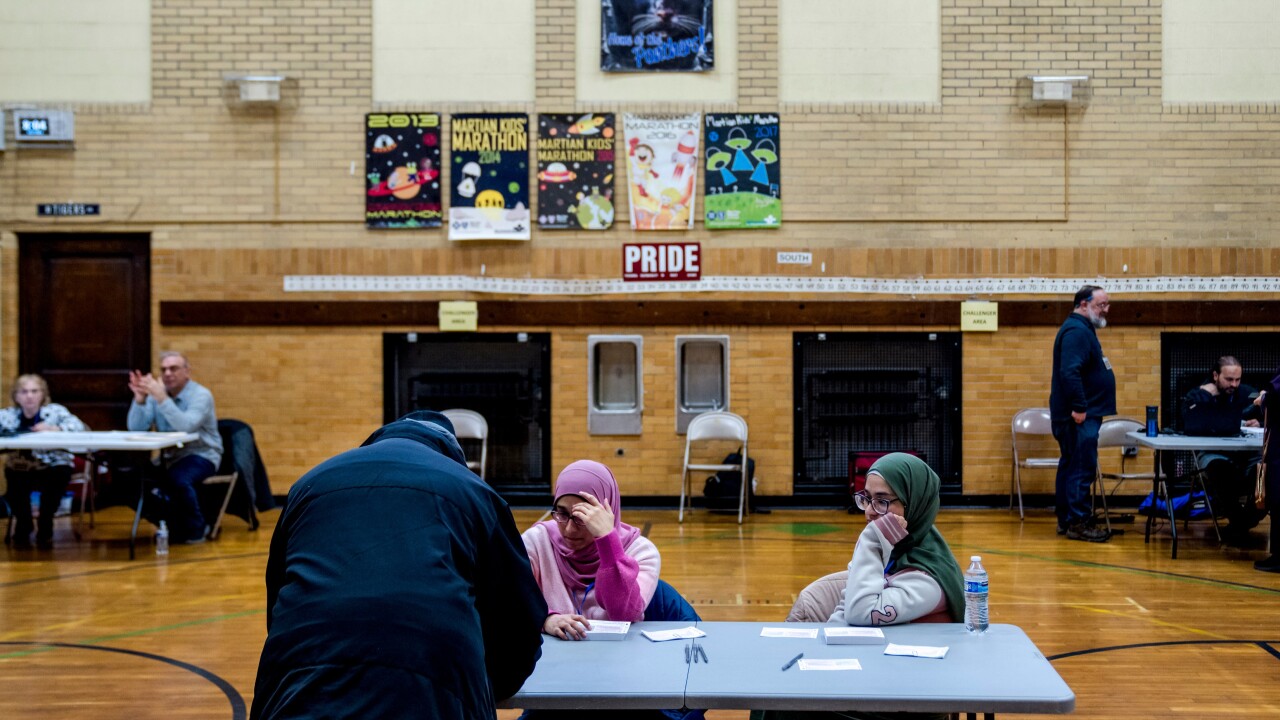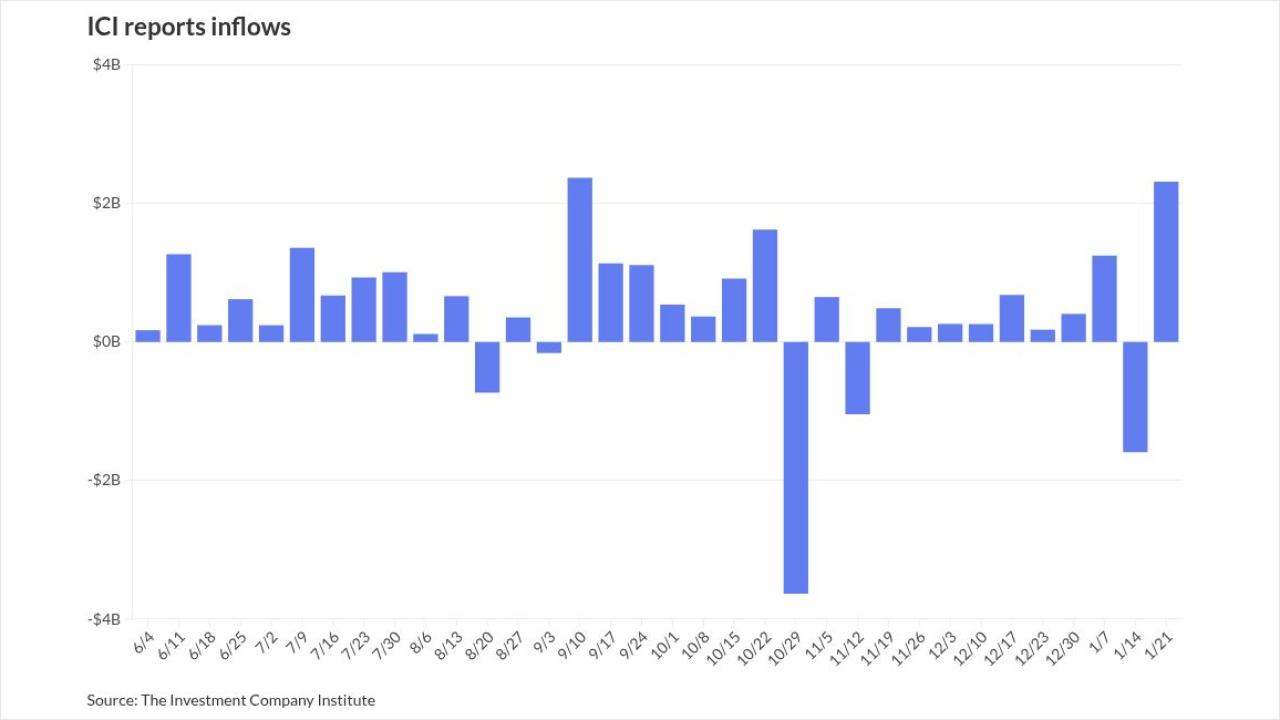
Mass transit agencies in Dallas and Austin are in the bullseye of Texas legislation that could have implications for their outstanding bonds and planned debt issuance.
In testimony before Texas House committees, Dallas Area Rapid Transit officials warned of dire financial consequences from a bill that would erode its sales tax revenue, while proponents of Austin's planned Project Connect light rail pushed back against a measure seeking to derail its financing plan, which includes bonds. Both bills passed out of their respective committees this week. Similar bills were filed in the Senate.
As introduced,
The bill sparked concerns about DART's financial future and its ability to pay off debt, which is backed mainly by sales taxes, along with pledged farebox revenue.
Most of the district's funding comes from 1% sales tax on purchases in its service area. DART encompasses 13 municipalities covering more than 700 square miles that it serves with buses, light rail and commuter trains. The sales tax generated $851.78 million in fiscal 2024 and is projected to grow to $910.3 million in the current fiscal year.
At an April 24-25 House Transportation Committee hearing, bill sponsor Matt Shaheen, R-Collin County, said a substitute measure makes key changes.
"Section four of the original bill is removed, which leaves the ability for DART to collect sales and use tax at 1%," he said. "Secondly, the original bill is also amended to ensure there is no impact for current bondholders."
DART spokesperson Jeamy Molina said the agency had not seen the substitute bill ahead of the hearing.
"We are reviewing the committee substitute with bond counsel to determine its impact on DART's debt obligations," Molina said in an email on Thursday. "DART is bound by its master debt resolution and debt covenants to pledge the full one cent to debt service on outstanding bonds. About 25% of our sales tax revenue is budgeted for debt service."
At the committee hearing, Mark Enoch, one of DART's 15 board members who are appointed by cities participating in the transit system, said that even with the amendments, the bill would impair bond covenants by encumbering 25% of the full sale tax pledged to bondholders.
"If any Texas city has a bond out there and the legislature can come in and impair the contracts, we're all in trouble," he said.
As of Sept. 30, DART had nearly $3.34 billion of senior lien sales tax revenue bonds outstanding, according to its latest
Its last bond issue in 2021 was rated Aa2 by Moody's Ratings, AA-plus by S&P Global Ratings, and AAA by KBRA – all with stable outlooks. In August, Fitch Ratings upgraded its rating on DART's Series 2007 bonds to AA from AA-minus, citing its revised rating criteria.
Shaheen said HB 3187 was spurred by the need to overhaul DART's financial structure, citing an imbalance between what some cities contribute in sales tax revenue and the mass transit services they receive. He added that DART failed to comply with commitments to produce information when faced with bills targeting the agency in previous legislative sessions.
House Transportation Committee Chair Tom Craddick, R-Midland, indicated that chances to resolve the problem locally have been exhausted.
"The pressure is pretty high for the legislature to do something this time," he said.
DART's board tried to head off the bill by passing a resolution in March to create its own
In November 2020, Austin
Litigation
A 2023 Texas Attorney General opinion determined state law "
When Texas voters approve a local government's general obligation bonds a separate interest and sinking property tax is put into place to pay off the debt. The opinion also questioned Austin's ability to transfer property tax revenue to ATP on an ongoing basis.
The Texas Taxpayer & Voter Defense Act introduced by Republican State Rep. Ellen Troxclair would stop Austin from using or transferring the voter-approved property tax revenue to ATP for bond payments. The bill would also prohibit local governments or their corporations from using voter-approved property tax revenue that is subject to annual appropriation to repay a public security, including bonds, certificates, and notes.
The legislation is not about the merits of light rail and was instead spurred by "one taxing entity in the state that has tried to work outside the bounds of existing state law in an effort to build infrastructure using a tax mechanism that is illegal," according to Troxclair.
"I'm talking about closing a loophole that the city of Austin is trying to pry open," she said at the committee hearing.
The bill reinforces the basic tax principle that maintenance and operations tax rate elections should not be used to fund long-term bonds and that if a tax rate election is held, the local government has to deliver on what was promised to voters, she said.
Democratic State Rep. John Bucy III, who represents Austin, said the bill aims to overturn Austin voters' support of Project Connect.
"Why would your bill not grandfather in programs that were done legally under the law at the time and that were overwhelmingly approved by the voters?" he said at the hearing.
ATP Chief Financial Officer Bryan Rivera said the 2020 ballot measure complied with Texas law and that Austin and CapMetro officials picked a funding method that would build the light-rail project, while also providing for its operation and maintenance.
"That's why a typical general obligation bond wouldn't work in this instance, because we needed to have a mechanism that could fund both the capital costs and also sustain the system for the citizens of Austin," he said.
Rivera added that subsequent changes to the project's phase-in were approved by the city council, as well as the CapMetro and ATP boards, after an extensive public process.
Troxclair warned that other local governments could follow in Austin's footsteps and suggested the city should put a GO bond issue on the November ballot.
"Once other taxing entities see that the city of Austin is going to get away with this, that they can increase taxes into perpetuity with a blank check, that there is no taxpayer guardrail protection, why would they not all just do this?" she said.
Last year,
A similar bill Troxclair filed in 2023





